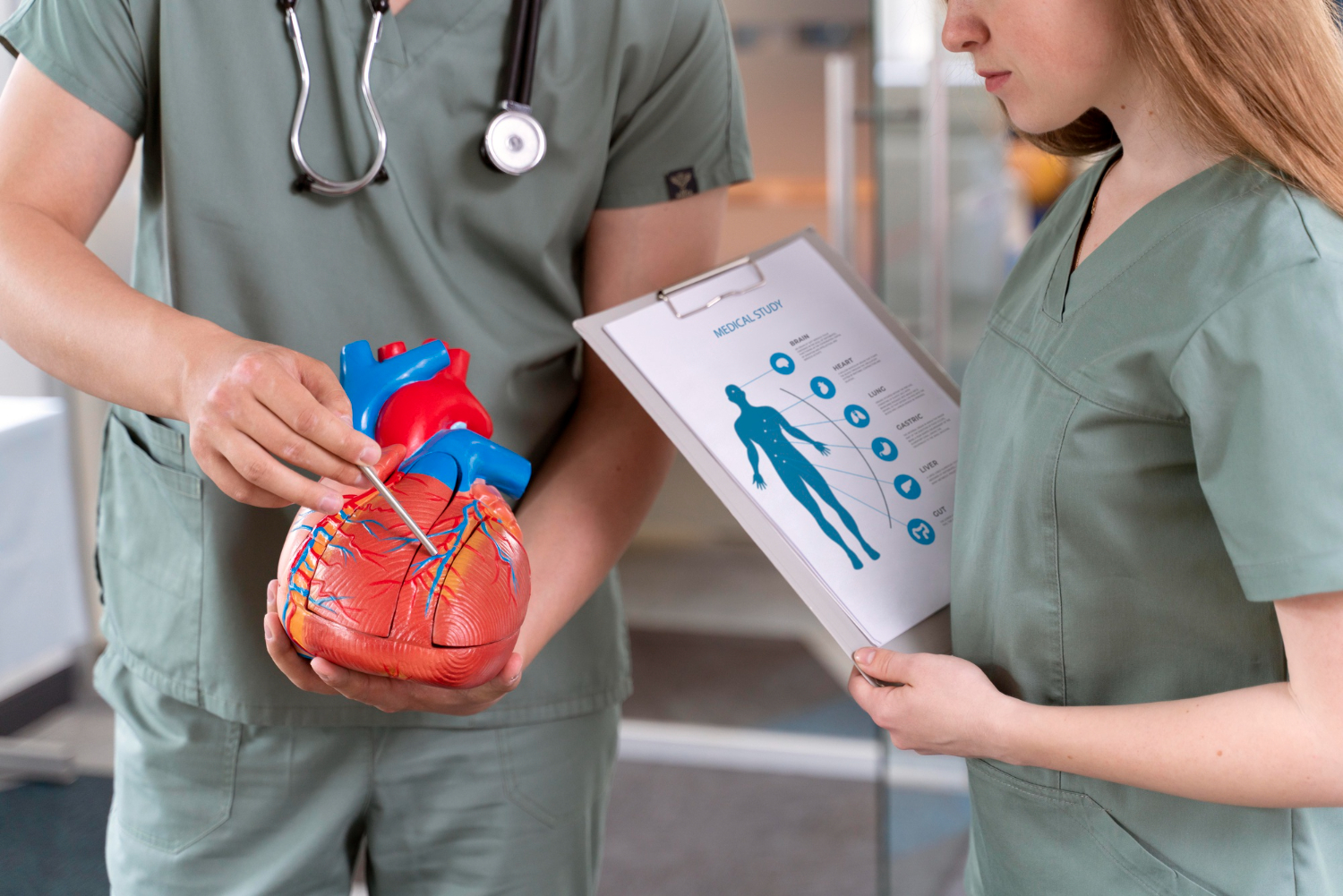
Table of Contents
- Introduction
- The Prevalence and Impact of Heart Disease
- Conventional Screening Methods for Heart Disease
- Routine CT Scans as a Screening Tool
- The Role of AI in Transforming CT Scans
- Key Innovations in AI-driven Cardiac Screening
- Results and Implications of Recent Studies
- Limitations and Future Research
- Conclusion
- FAQs
Introduction
Heart disease remains the leading cause of mortality in the United States, claiming one in every five lives. Despite the alarming statistics, the condition often goes undetected until it is too late. This article delves into how artificial intelligence (AI) can harness routine CT scans to improve cardiac screening and potentially save countless lives.
The Prevalence and Impact of Heart Disease
Heart disease is an umbrella term for a variety of conditions affecting the heart’s structure and function. According to recent estimates, more than 45% of the U.S. population is expected to suffer from some form of heart disease by 2035, leading to an economic burden exceeding $1 trillion. These figures highlight a critical need for effective screening and preventive measures.
Conventional Screening Methods for Heart Disease
Traditional methods for detecting heart disease often include blood tests, echocardiograms, and stress tests, which evaluate the heart’s response to physical exertion. While effective, these methods can be costly, time-consuming, and not universally accessible.
Routine CT Scans as a Screening Tool
Routine chest CT scans are frequently performed for a variety of reasons, such as evaluating suspected lung infections or cancer. These scans offer a unique opportunity to assess the heart incidentally, without the need for additional procedures or costs.
The Role of AI in Transforming CT Scans
AI technologies have the potential to revolutionize how routine CT scans are used in cardiac care. By applying advanced algorithms, AI can extract and analyze cardiac-related data from scans that were not originally intended for heart disease screening.
Calculating Calcium and Cardiac Chamber Characteristics
One of the critical aspects of AI application is the ability to evaluate coronary artery calcium (CAC) from routine CT scans. CAC scoring is a proven indicator of heart disease risk but typically requires specialized, gated CT scans. AI can approximate this scoring from standard scans, broadening the accessibility of this crucial assessment.
Key Innovations in AI-driven Cardiac Screening
A team of researchers at Cedars-Sinai Medical Center has been at the forefront of integrating AI with cardiac health assessment. Their work involves using AI to analyze routine chest CT scans to predict mortality risks and identify high-risk patients early in the disease process.
Three Cohorts, Two Algorithms, One Improved Prediction
The researchers utilized two AI algorithms to analyze over 24,000 CT scans from the National Lung Screening Trial. This large-scale analysis revealed several cardiac factors, such as CAC and chamber volume, that are associated with an increased risk of mortality.
Results and Implications of Recent Studies
The study’s findings suggest that AI can effectively reanalyze existing CT scans to assess cardiac health risks. This approach has been shown to improve risk classification significantly over traditional methods used by radiologists, indicating a substantial advancement in cardiac screening practices.
Limitations and Future Research
While promising, the application of AI in cardiac screening from routine CT scans has limitations. The majority of the study participants were from less diverse backgrounds, which may affect the generalizability of the findings. Future research needs to address these disparities to ensure the technology benefits a broader population.
Conclusion
The integration of AI with routine CT scans represents a significant breakthrough in the fight against heart disease. By enabling more widespread and accessible screening, AI has the potential to dramatically reduce the prevalence and impact of heart disease across diverse populations.
FAQs
Q1: Can routine CT scans replace traditional cardiac screenings?
A1: No, routine CT scans are not a replacement but can be an adjunct to traditional screenings, especially in identifying at-risk patients who may not undergo specialized cardiac evaluations.
Q2: How does AI improve the accuracy of heart disease predictions from CT scans?
A2: AI algorithms can analyze vast amounts of data from CT scans to identify subtle patterns that may indicate heart disease, which are often missed in standard reviews.
Q3: What are the potential costs of implementing AI in routine cardiac screening?
A3: While initial setup and integration of AI technology can be costly, over time, it may reduce overall healthcare expenses by preventing serious cardiac events through early detection.
Q4: Are there any ethical concerns with using AI in medical imaging?
A4: Yes, ethical considerations include ensuring patient data privacy, addressing potential biases in AI algorithms, and maintaining transparency about how AI is used in patient care.
This extended article provides a comprehensive overview of the potential of AI in cardiac healthcare, highlighting its ability to transform standard medical imaging into a proactive tool against heart disease.




